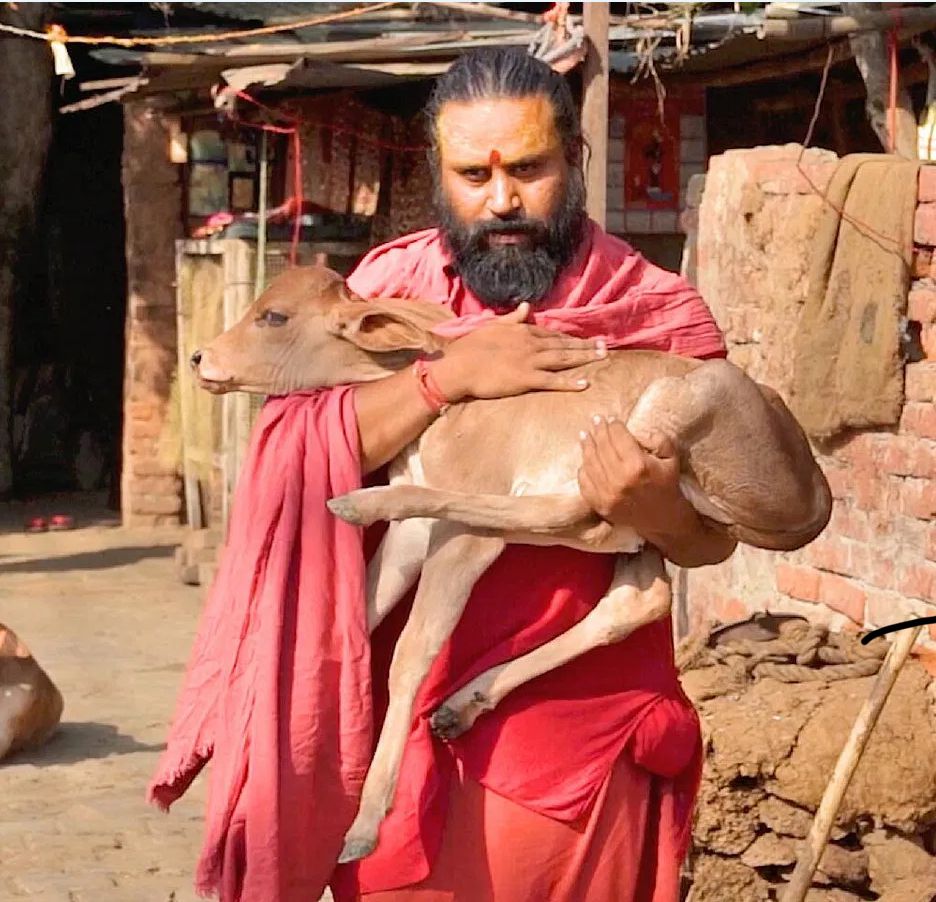Gausewa is not just about the protection of cows; it represents a broader ethos of compassion, sustainability, and respect for all living beings. Efforts to promote Gausewa can foster a sense of community, enhance environmental health, and preserve cultural heritage
Cultural Significance
- Religious Beliefs: Cows are associated with various deities, particularly Lord Krishna, who is often depicted as a cowherd. They symbolize purity, motherhood, and abundance.
- Tradition: Gausewa is rooted in ancient texts and practices, with a long-standing tradition of treating cows with respect and compassion.
Welfare Initiatives
- Gaushalas: These are cow shelters established to provide refuge for stray, abandoned, or aged cows. They offer food, medical care, and a safe environment.
- Awareness Campaigns: Organizations often run educational programs to promote the importance of cow welfare and responsible farming practices.
Environmental Impact
- Sustainable Practices: Cows contribute to sustainable agriculture through natural manure, which enhances soil fertility and reduces reliance on chemical fertilizers.
- Biodiversity: Maintaining healthy cattle populations supports local ecosystems and biodiversity.
Economic Aspects
- Dairy Farming: Cows are integral to the dairy industry, providing milk and milk products that are essential to many diets.
- Employment: The care and management of cows create jobs in rural communities.
Ethical Considerations
- Animal Rights: Advocates emphasize humane treatment and ethical practices in the dairy industry, opposing cruelty and exploitation.
- Cultural Practices: There is ongoing dialogue about balancing traditional practices with modern ethical considerations regarding animal welfare.
.

